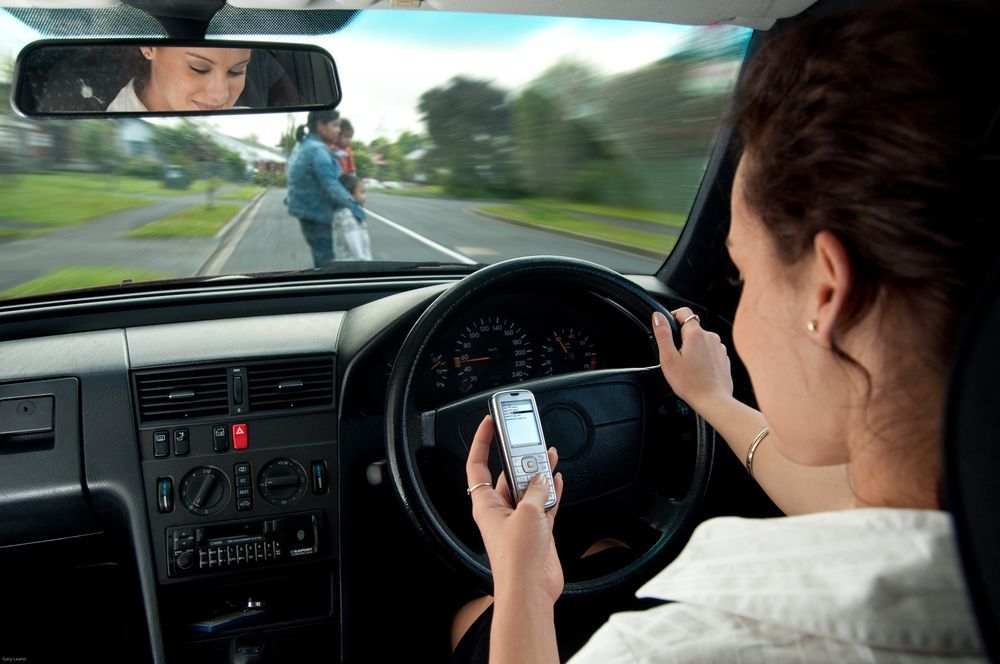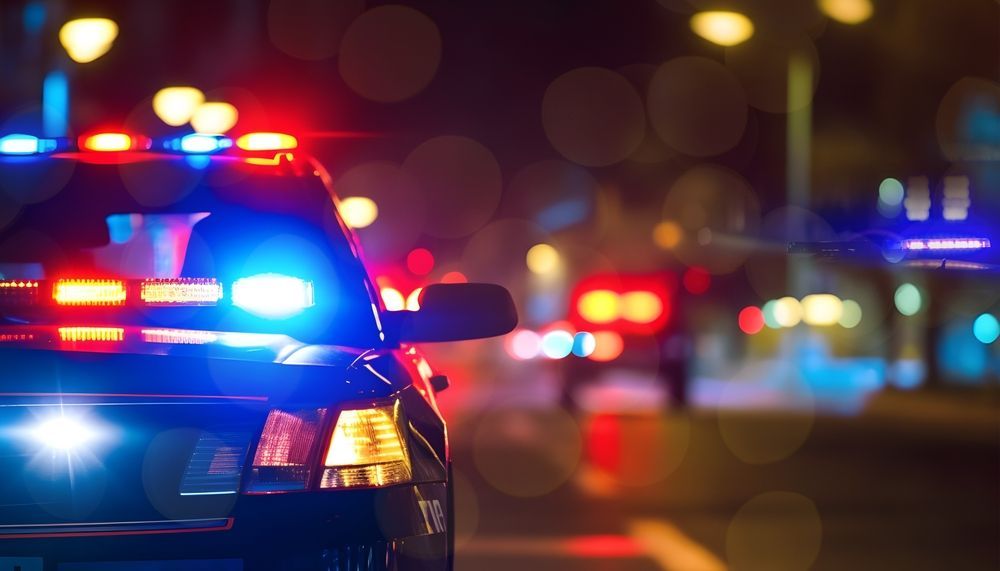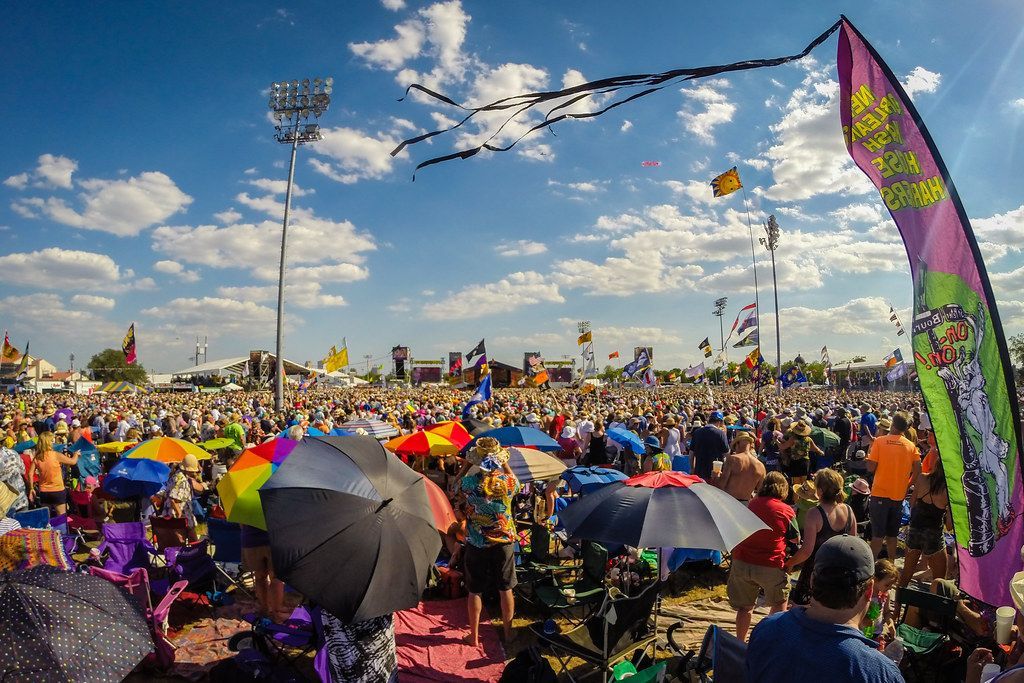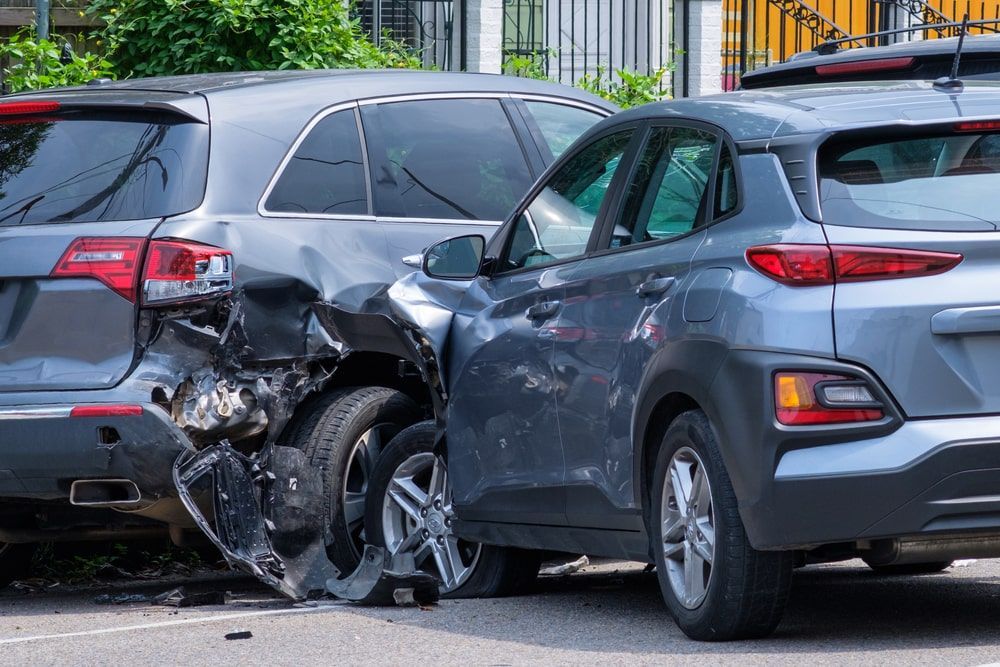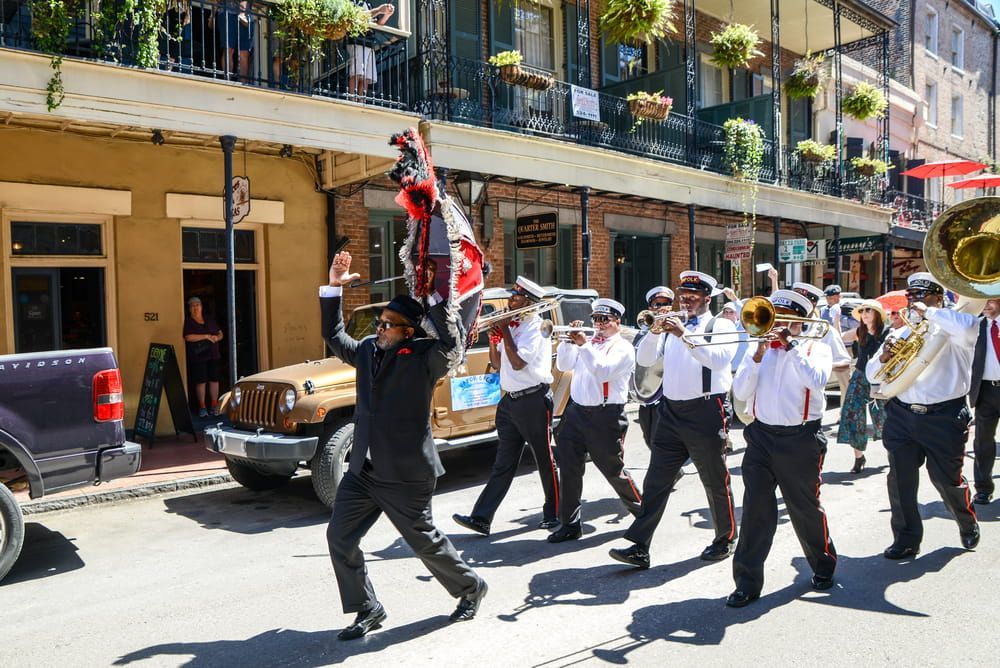New Comparative Fault Rule Will Bar Some Injury Claims Starting in 2026
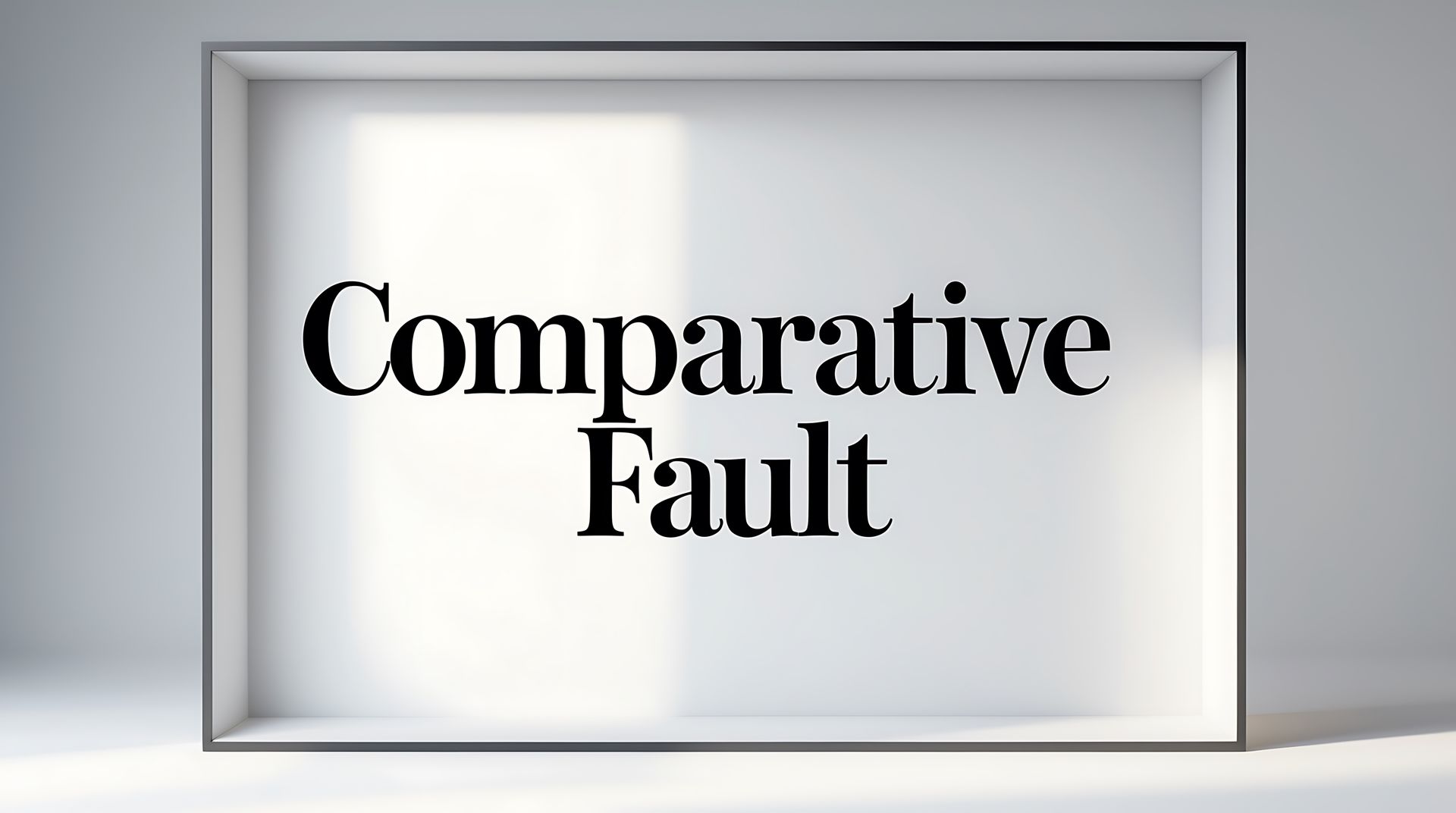
In May 2025, Governor Jeff Landry signed House Bill 431, which amends Louisiana Civil Code Article 2323. The new law transitions Louisiana from a pure comparative fault system in personal injury cases to a modified comparative fault rule with a 51% bar to recovery. That means if you're found to be 51% or more at fault for an accident, you will be barred from recovering any compensation.
The new rule goes into effect on January 1, 2026.
What Happens to Accidents That Happen Before 2026?
If your accident occurs before January 1, 2026, the current pure comparative fault rule still applies. Under that model, you can be 90% at fault and still recover 10% of your damages. The new rule only applies to accidents that happen on or after January 1, 2026.
If your case is still pending when the law changes, or if you had an accident before January 1, 2026, and haven’t filed a claim yet (assuming the statute of limitations hasn’t run out), the old pure comparative fault doctrine will apply to your case.
How Comparative Fault Affects Compensation
Whether you're dealing with the current rule or the new one, fault can directly impact your settlement amount. The basic idea of comparative fault isn’t being changed. There’s just a new threshold of fault that could bar a plaintiff’s recovery.
Let’s say your medical bills, lost wages, pain and suffering, and property damage total $100,000. If you're found 25% at fault, your award would be reduced by that percentage, meaning you’d receive $75,000.
Under the current system, even if you were 75% at fault, you could still receive $25,000. But in accidents that happen in 2026 and onwards, if you're found 51% or more at fault, you get nothing.
That one change makes fault disputes much more critical, especially in cases where blame is contested or where there’s limited evidence.
How Will the New Comparative Fault Law Change the Approach of Auto Accident and Personal Injury Lawyers?
This new law has the potential to impact virtually every facet of personal injury law, from influencing which cases an auto accident lawyer chooses to accept to how they approach investigating, advocacy, and negotiations.
When fault is clear-cut and the other driver is entirely or mostly to blame, not much changes. But in cases where both sides share responsibility, things will become more complicated. People injured in crashes where fault is contested may have a harder time finding lawyers to take their case.
Injured drivers who initially appear to be at fault could simply be out of luck. Even if a more thorough investigation could reveal that they weren’t primarily responsible, many lawyers won’t want to commit time and resources unless there’s a strong initial indication that the client will be eligible for compensation.
That’s why it’s more important than ever to talk to a lawyer early in the process, preferably before you speak to an insurance company or give a recorded statement. Fault can shift based on the smallest detail in your version of events, especially when there’s little evidence and fault is being determined primarily based on the testimony of the people involved in the accident.
At the Law Office of Donald D’Aunoy Jr., LLC, we’ll examine every angle of your case—from witness statements and police reports to traffic laws and physical evidence—before making any recommendations. We don’t shy away from tough cases if we believe we can win or negotiate to a successful conclusion through in-depth investigation and legal legwork.
Talk to Lawyer Don About Your Car Accident in New Orleans
Not sure how this new rule might affect your case? Have questions about how fault is determined? Call Lawyer Don today at (504) 508-6414 or contact us online for a free consultation. We are always prepared to give honest answers to people injured in accidents, even if there are questions about who was at fault.
